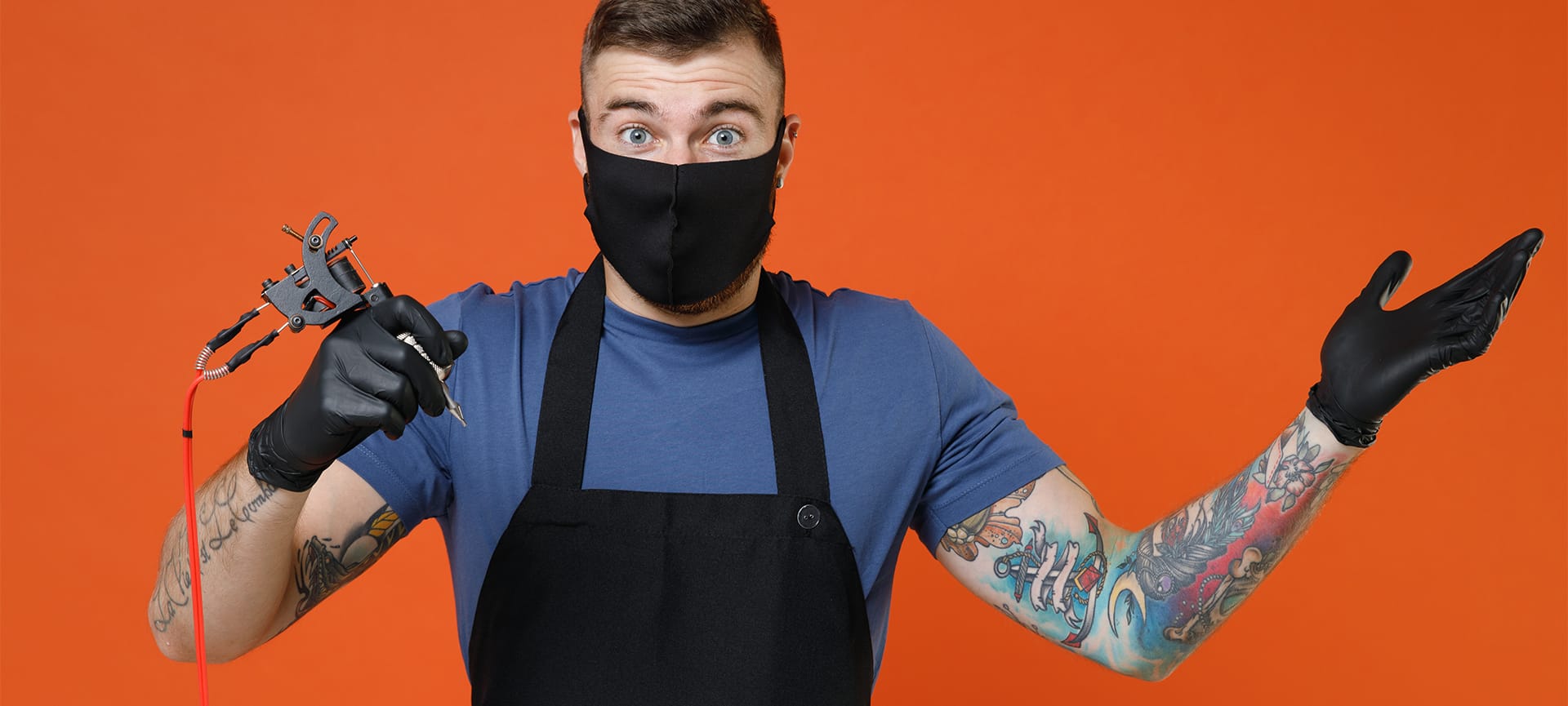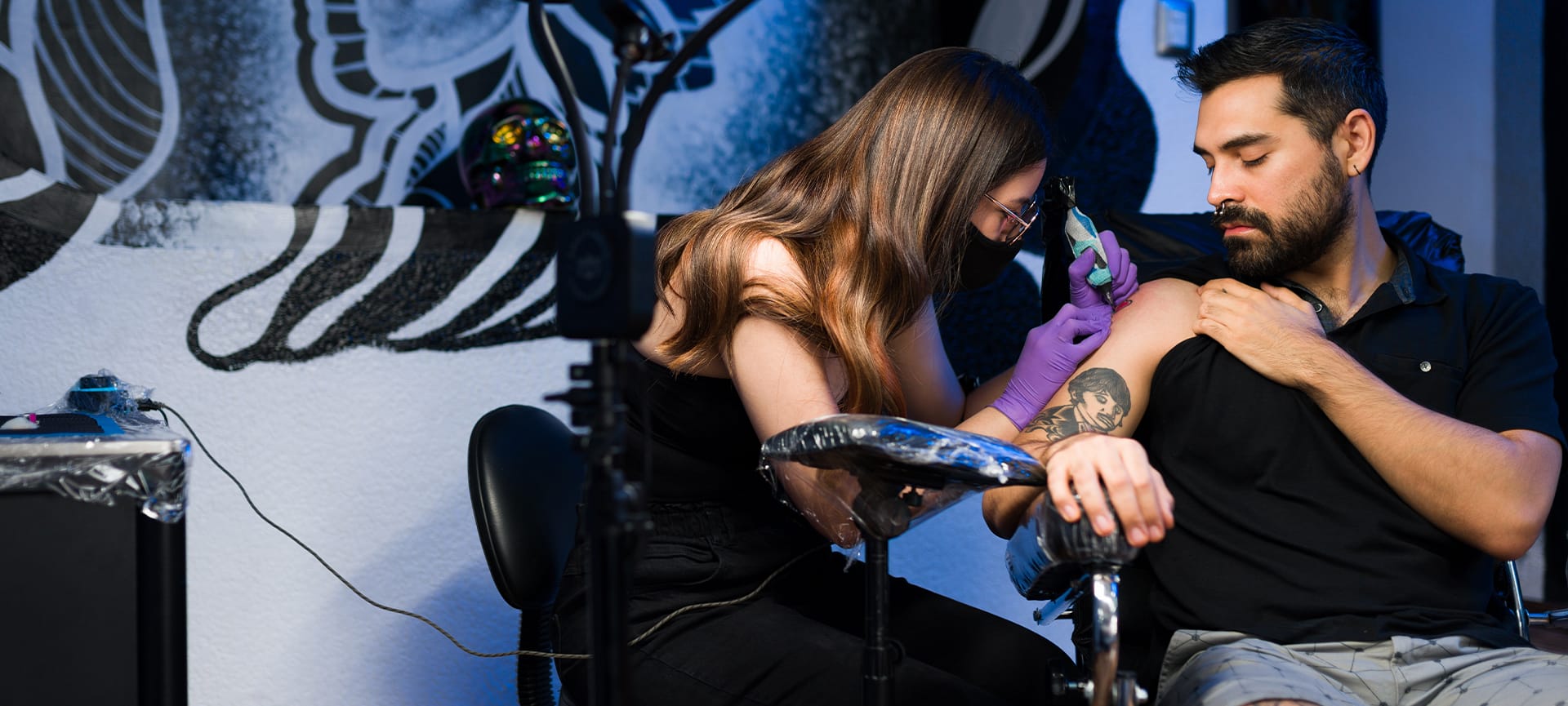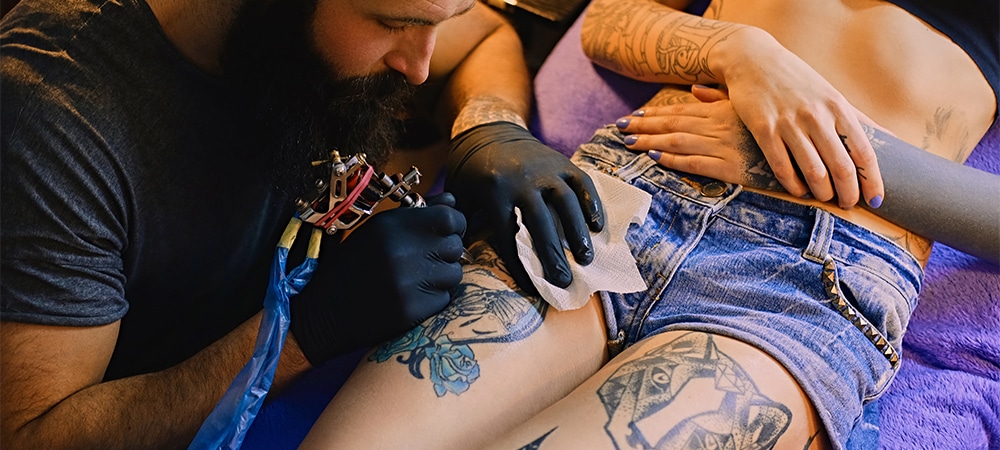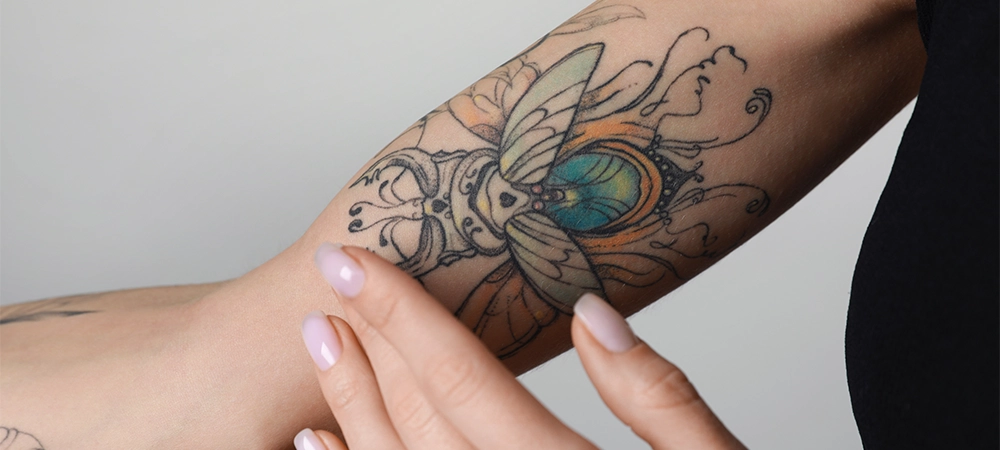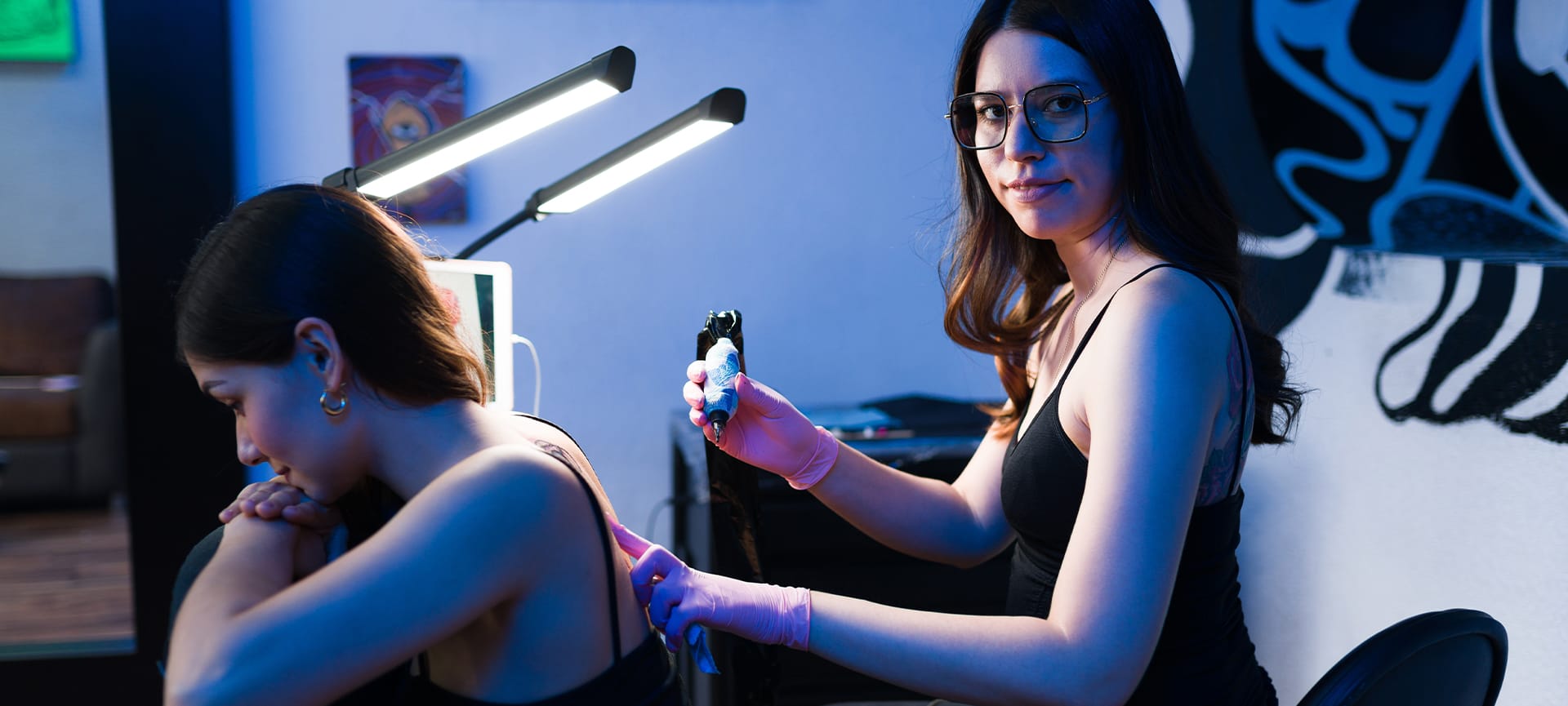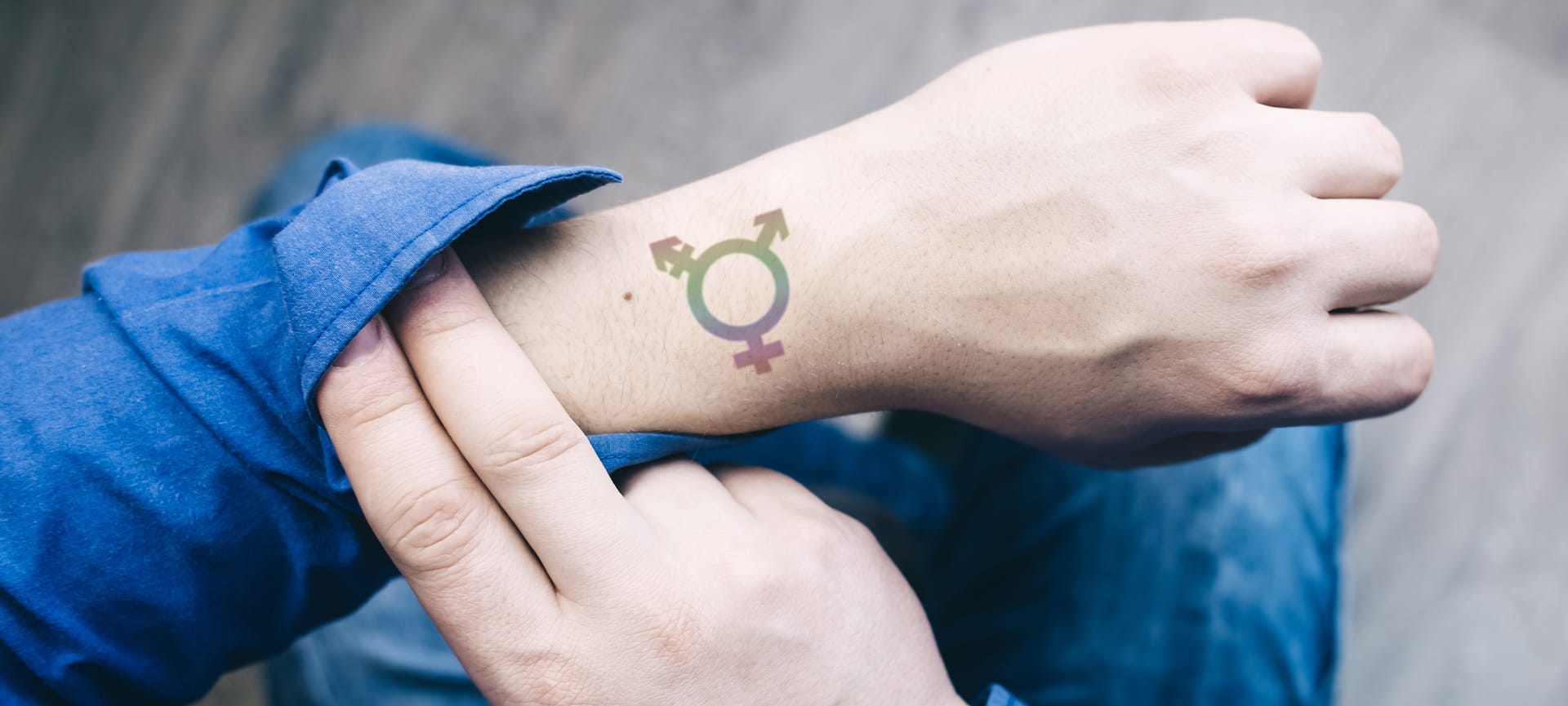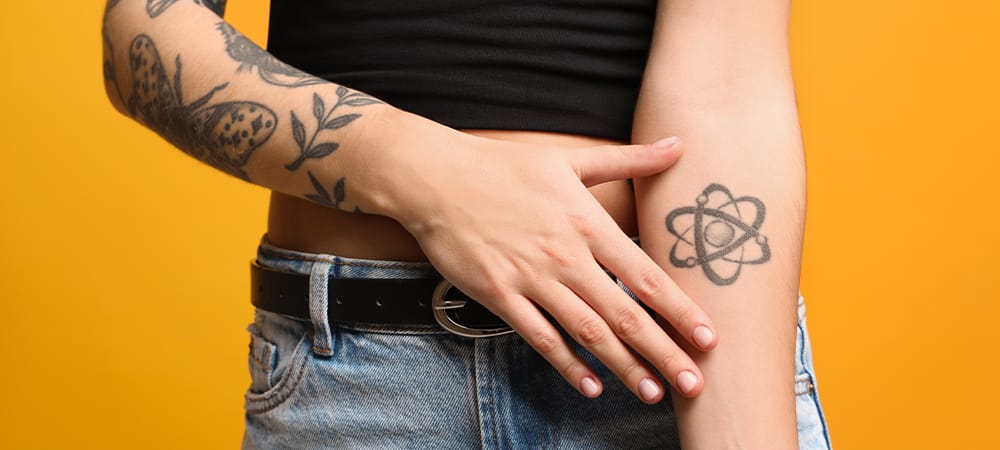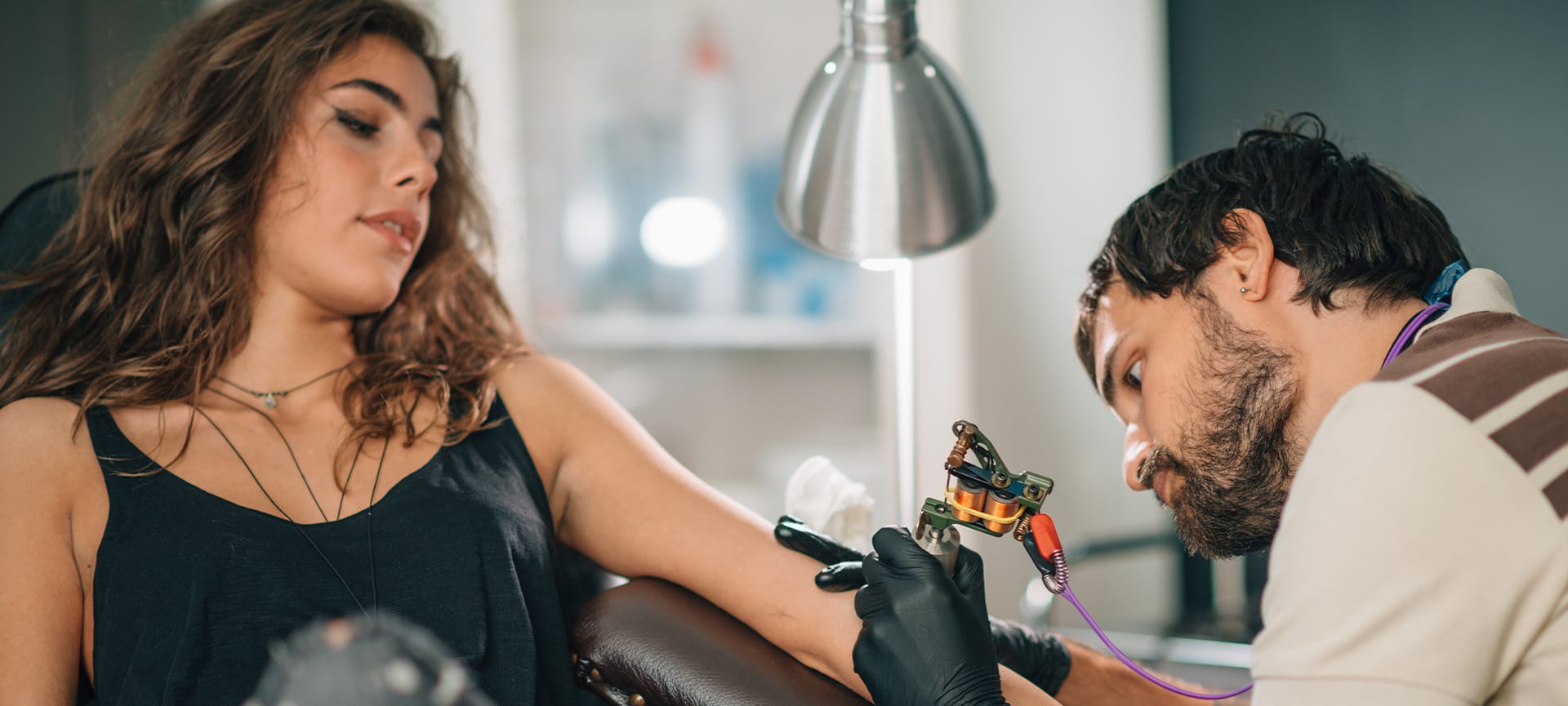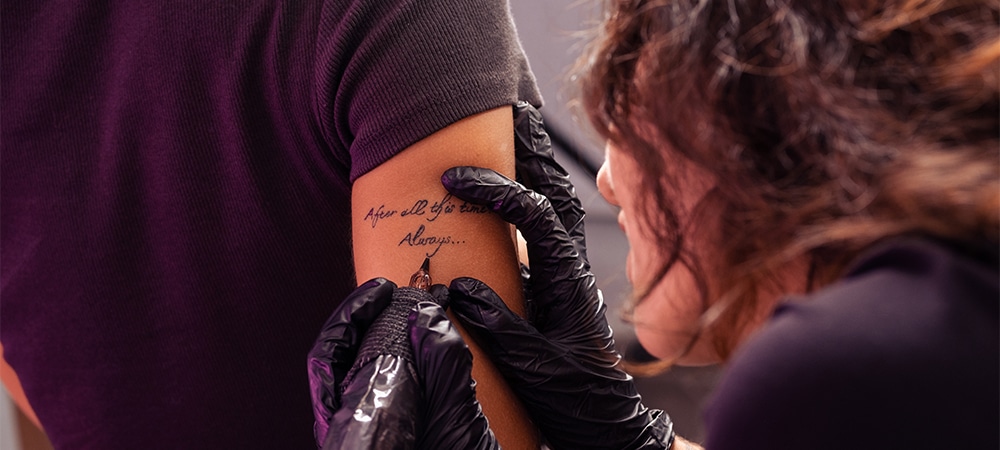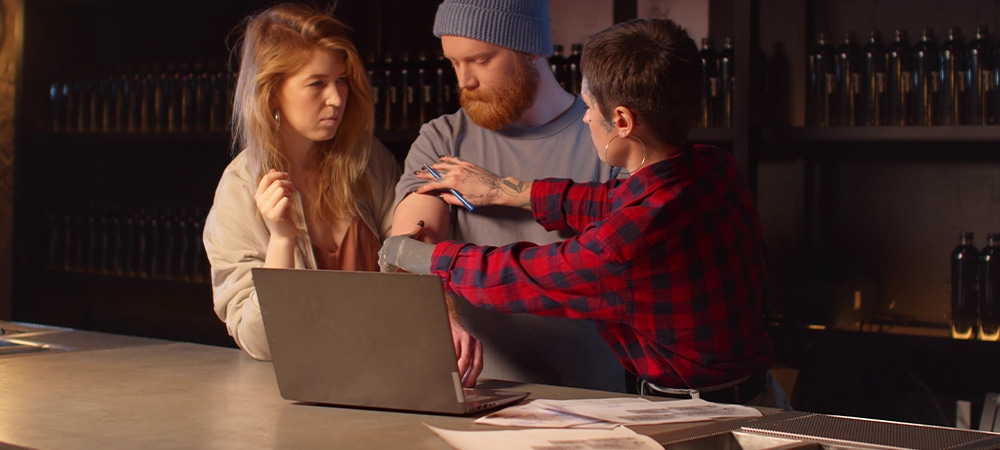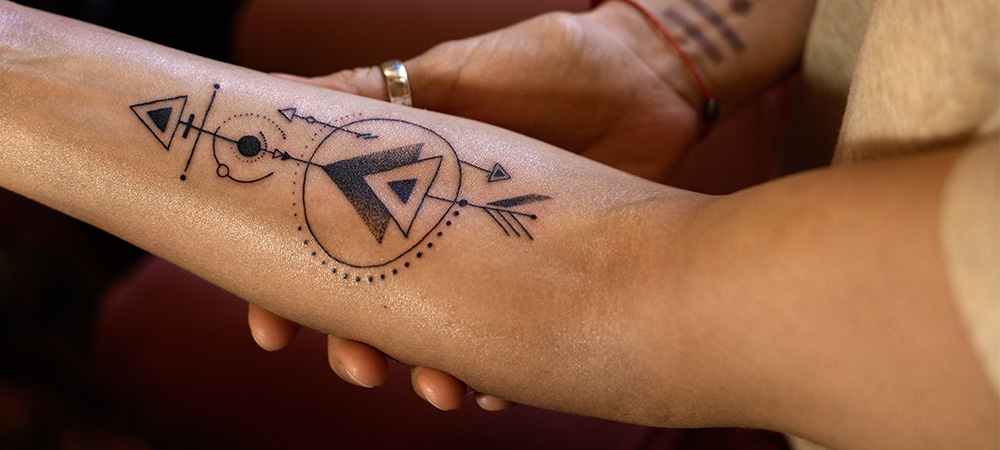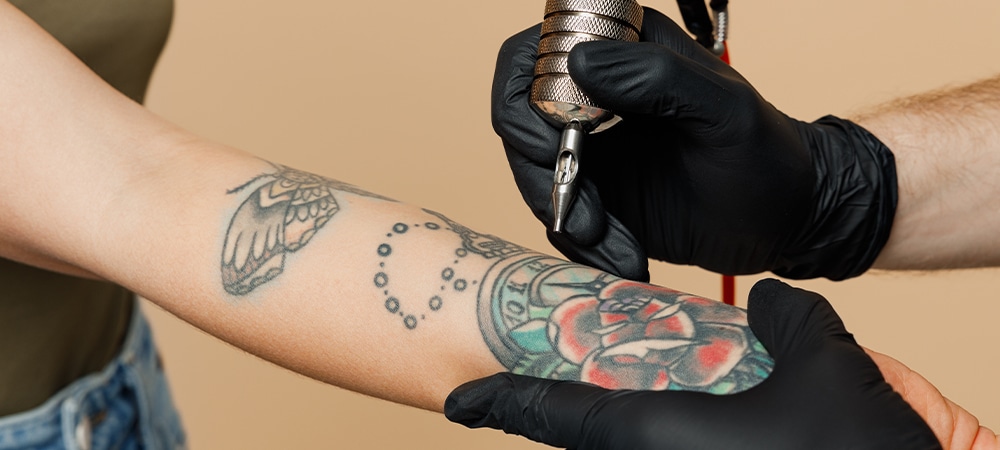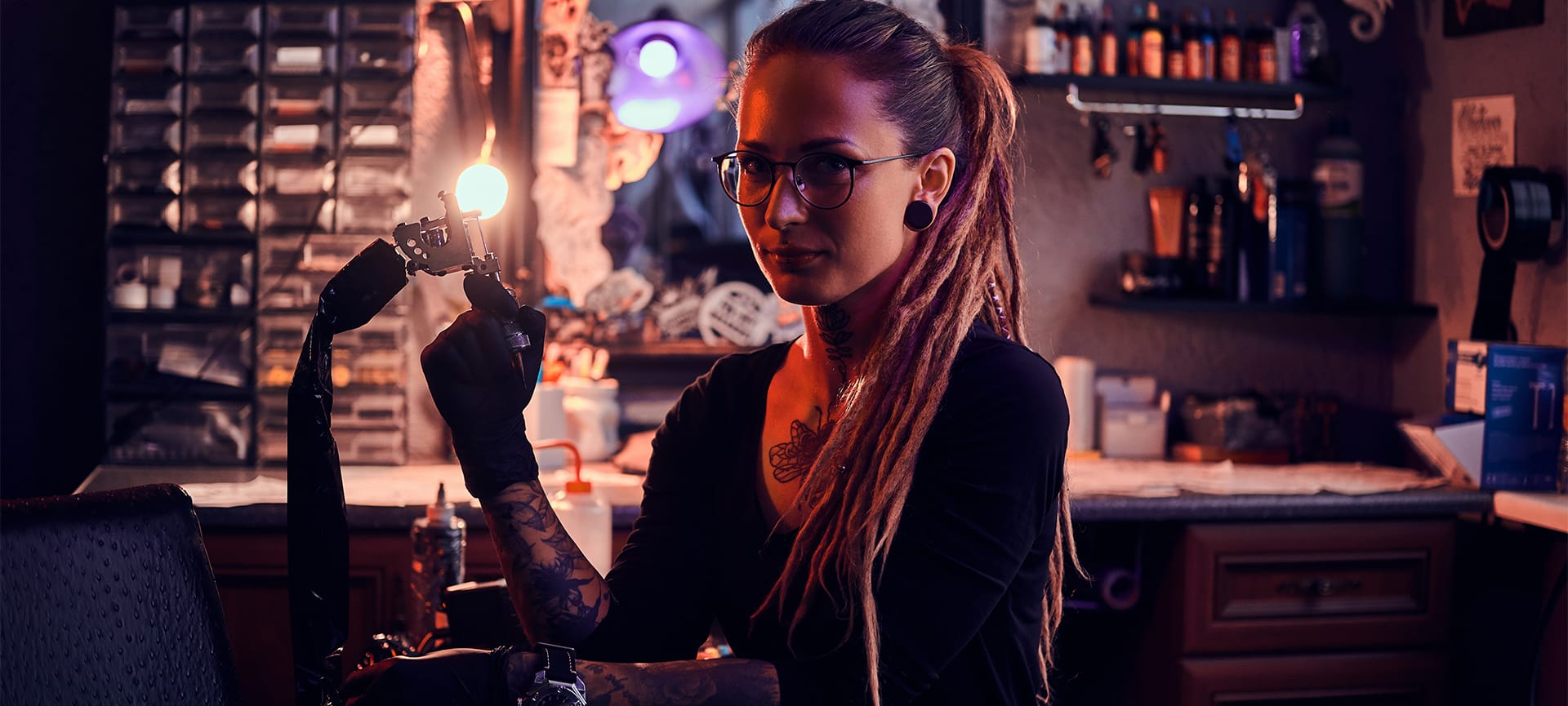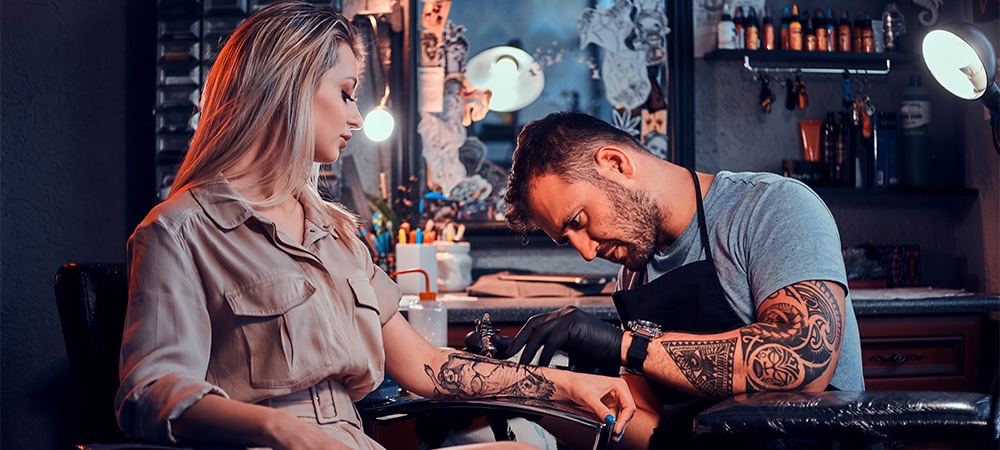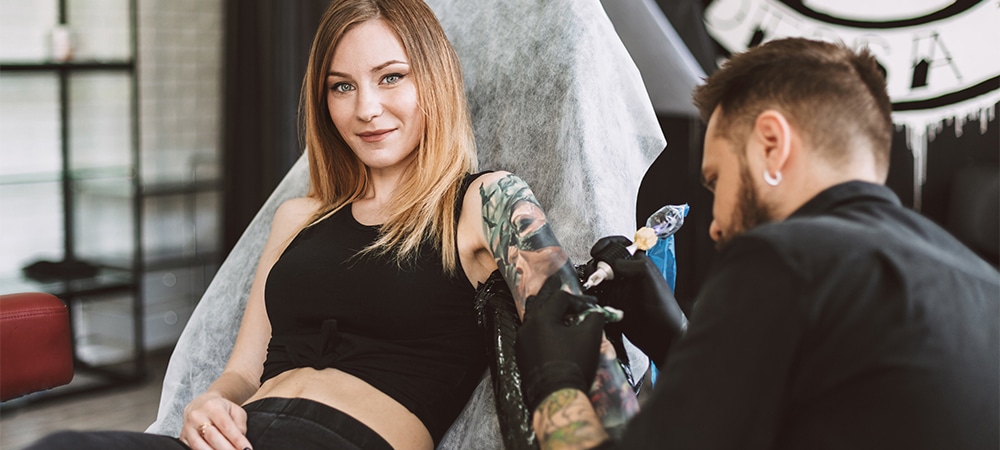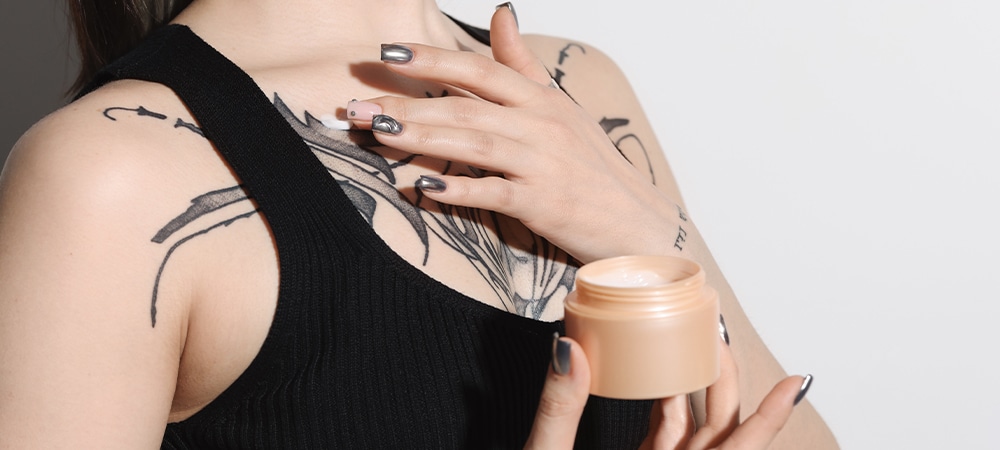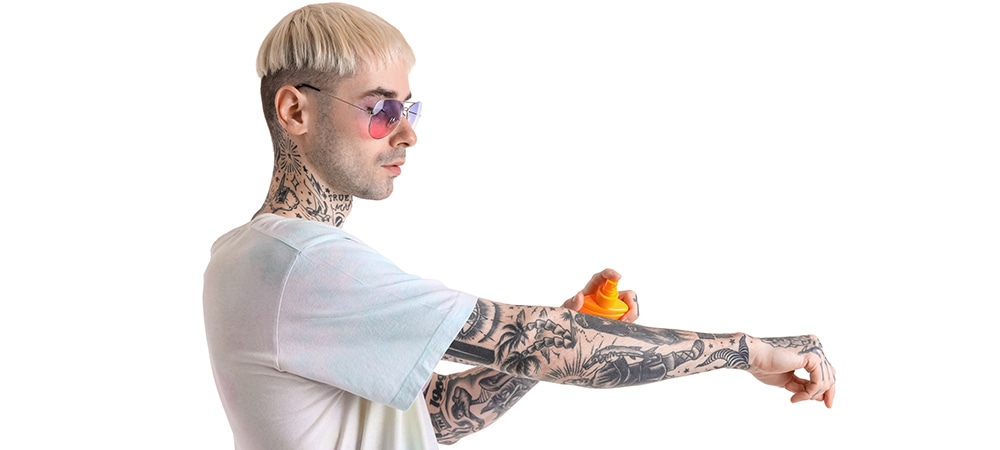You’ve sat through the session, endured the sting, and now your tattoo looks bold and perfect. But if you want it to stay that way, you need more than good ink and a skilled artist. You need proper care.
At Piranha Tattoo Studios in Toronto, we create work that is meant to last. But even the best tattoos can fade if they’re not cared for properly. Fading is normal over time, but how you treat your tattoo from day one will decide how sharp and vibrant it looks in five, ten, or twenty years.
Here are 10 ways to keep your ink looking fresh and what to avoid if you want to preserve the work you’re proud to wear.
Related Article: How to Prepare for a Tattoo
1. Follow the Aftercare Instructions
The first few days after getting a tattoo are critical. Your artist will give you aftercare instructions. Follow them to the letter.
This includes:
- Keeping the area clean and dry
- Gently washing with fragrance-free soap
- Applying a thin layer of healing ointment
- Avoiding heavy lotions or picking at scabs
The goal is to prevent infection, scarring, and premature ink loss. Aftercare isn’t optional. It’s the foundation for everything that follows.
2. Keep Your Tattoo Out of the Sun
UV rays are the biggest enemy of fresh and healed tattoos. Sun exposure breaks down pigment and leads to early fading, especially in colour tattoos.
To protect your tattoo:
- Keep it fully covered while it heals
- After healing, apply a broad-spectrum SPF 30 or higher anytime your tattoo will be exposed
- Avoid tanning beds completely
If your tattoo is in a spot that gets regular sun (like forearms or shoulders), sunscreen should be a daily habit, year-round.
Related Article: Summer Tattoo Care: Tips for Protecting Your Ink in the Sun
3. Stay Out of Pools, Hot Tubs, and Lakes While Healing
Until your tattoo is fully healed (usually 2 to 4 weeks) avoid soaking it in water. That means no swimming, hot tubs, baths, or saunas.
Why? Because bacteria, chlorine, and salt can:
- Irritate the healing skin
- Introduce infection
- Break down the ink before it sets properly
Stick to quick, gentle showers only during the healing phase.
4. Moisturize, but Don’t Overdo It
Moisture helps your skin stay soft and your tattoo stay sharp. But too much lotion can smother the skin, causing clogged pores or prolonged healing.
Tips:
- Use a fragrance-free, alcohol-free moisturizer (or specialized tattoo balms)
- Apply a thin layer once or twice daily after the initial healing phase
- Avoid anything too heavy or scented
Healthy, hydrated skin means better ink retention over time.
Related Article: How Long Can I Keep Second Skin on a Tattoo?
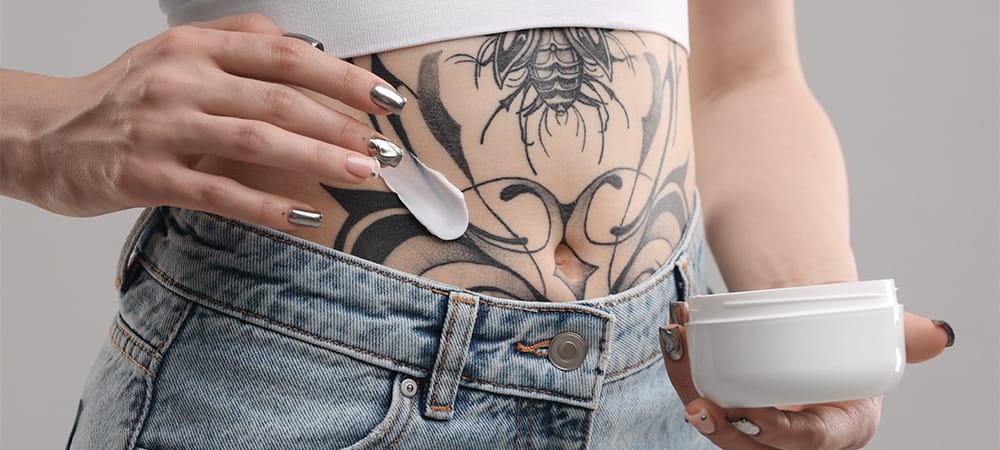
5. Choose the Right Artist and Studio
Before worrying about long-term care, make sure you’ve started with the right foundation. A fading tattoo can be the result of poor technique or low-quality ink.
At Piranha Tattoo Studios, we use:
- High-quality, professional-grade inks
- Clean, modern equipment
- Techniques that ensure even saturation and long-lasting results
Choosing a reputable artist means your tattoo is more likely to heal correctly and stay sharp longer.
Related Article: How Long Does It Take for a Tattoo to Heal?
6. Avoid Friction and Tight Clothing During Healing
Tight clothing or constant rubbing can interfere with how your tattoo sets into the skin. This can lead to:
- Uneven healing
- Scabbing or ink loss
- Increased irritation
During healing, wear loose, breathable clothing that won’t stick or rub the area. If your tattoo is in a high-friction zone (like thighs or underarms), extra care is essential.
7. Don’t Scratch or Pick at It
Yes, tattoos itch during healing. That’s normal. However, scratching or peeling flakes early can remove pigment and create patchy areas.
Instead:
- Lightly tap the area if it’s itchy
- Apply a thin layer of moisturizer to ease irritation
- Let scabs and flakes fall off naturally
Think of your tattoo as an investment. One scratch can undo hours of work.
8. Stay Hydrated and Take Care of Your Skin
Skin health is tattoo health. The better condition your skin is in, the longer your ink will stay sharp.
- Drink plenty of water daily
- Avoid smoking, which reduces blood flow to the skin
- Use gentle exfoliation after the tattoo is fully healed to remove dead skin and keep the surface clean
- Moisturize regularly to maintain elasticity
Good skin keeps your ink looking vibrant. Dry, neglected skin leads to faster fading and dullness.
9. Touch Up When Needed
Even the best tattoos may need a touch-up down the line. Fading happens naturally with time, especially in areas exposed to the sun or friction.
If you notice:
- Uneven colour
- Blurred lines
- Patchy areas
Schedule a touch-up with your original artist if possible. At Piranha Tattoo, we often provide touch-ups on our own work after healing (depending on the situation).
A touch-up isn’t a failure; it’s maintenance, just like getting a haircut or cleaning jewelry.
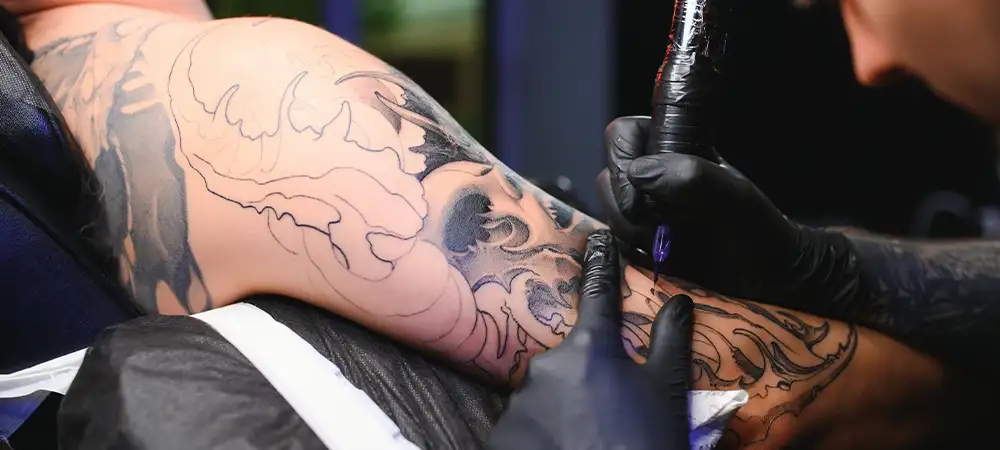
10. Choose Your Placement Wisely
Some areas of the body fade faster than others due to movement, sun exposure, and skin texture.
Faster-fading spots include:
- Fingers
- Hands
- Feet
- Elbows
- Inner thighs
Slower-fading areas:
- Upper arms
- Shoulders
- Back
- Calves
This doesn’t mean you can’t get tattooed in high-wear areas, but know what to expect and be ready for more upkeep.
Good Ink Deserves Good Care
A tattoo is more than body art. It’s a commitment to your skin, your style, and your story. The session might only last a few hours, but the result is something you’ll carry every day. And how it looks a year from now depends just as much on what you do after the appointment as what happens during it.
Taking care of your tattoo isn’t complicated, but it does take intention. Protect it from the sun. Keep your skin healthy. Follow your artist’s instructions. These simple habits can be the difference between a tattoo that fades fast and one that stays crisp, bold, and vibrant for life.
At Piranha Tattoo, we’re not just focused on the design. We’re also focused on longevity. Our artists use top-tier ink, expert technique, and proven healing protocols to make sure your piece heals properly and holds up over time. From the moment you walk in until long after the tattoo is done, we’re here to make sure your ink gets the care it deserves.
Book a consultation today and let’s bring your next design to life.

